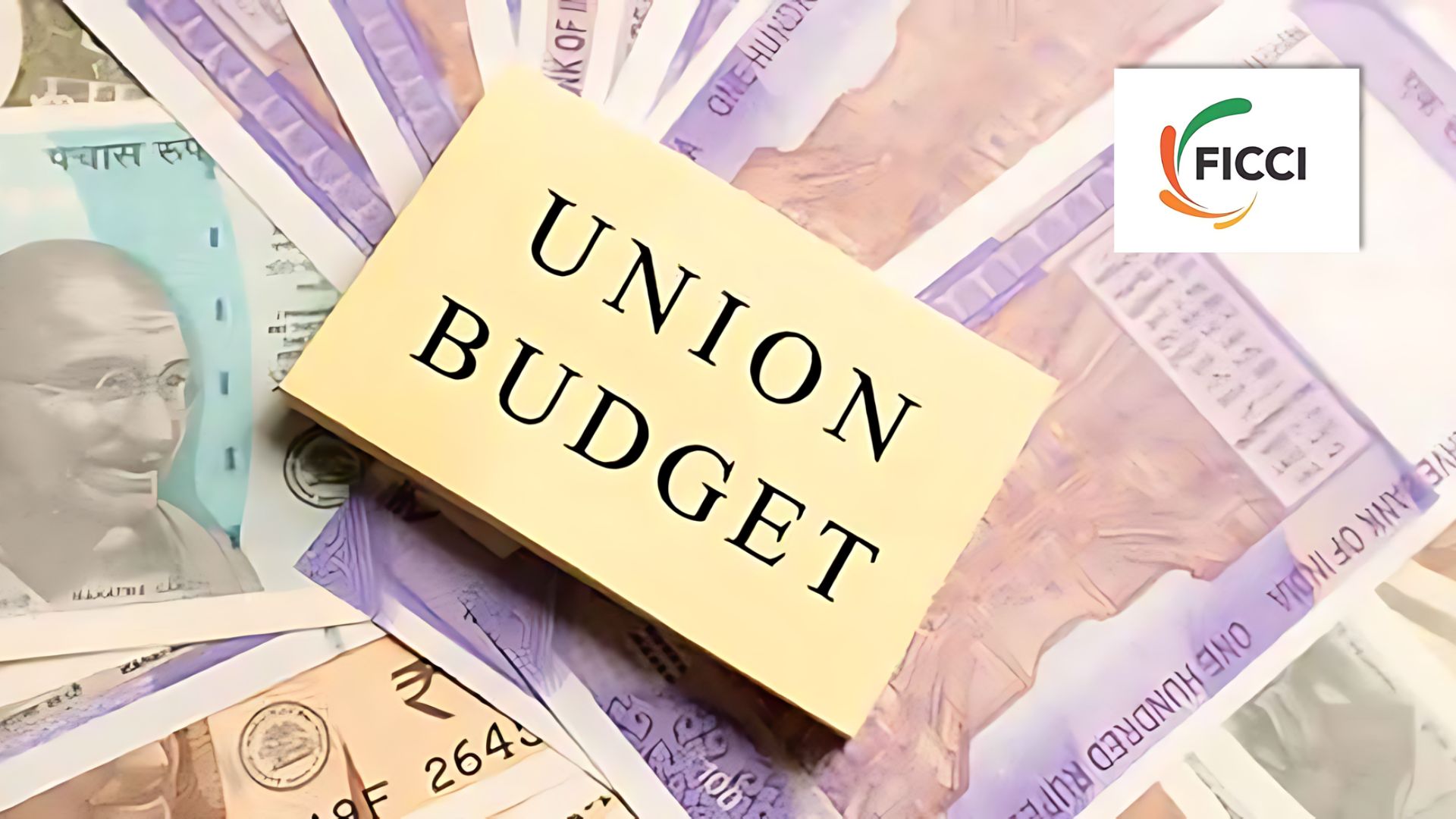The Federation of Indian Chambers of Commerce & Industry (FICCI) has anticipated potential tax reforms in the upcoming Union Budget aimed at stimulating economic growth.
Based on a survey conducted by the body, FICCI stated that the Union Budget may introduce reforms on the taxation front to foster economic growth. It anticipates tax relief through simplified GST rates, improved state finances, and streamlined capital gains tax regulations.
Regarding fiscal management and expenditure, FICCI noted the government’s adept handling of fiscal matters and expects continued prudence to maintain macroeconomic stability.
Economists surveyed by FICCI remarked, “The government could leverage robust tax collections and dividends from the Reserve Bank of India to enhance spending on social sector schemes, particularly to support the rural economy. Subsidy estimates are anticipated to remain stable, focusing on targeted benefits.”
As per expectations, while the capital expenditure target for the fiscal year 2025 might increase, it is not expected to deviate significantly from Rs 11.1 trillion due to slower spending in the first half of FY25, influenced by elections and monsoons.
“FICCI participants are advocating for simplification of the capital gains tax regime, categorizing assets into broader buckets, revising holding periods for long-term benefits, and considering indexation eligibility and tax rates for both long-term and short-term capital gains, irrespective of residency,” FICCI added.
Additionally, participants anticipate government measures to boost employment and skill development, including employment-linked incentives, increased investment in skill training, and initiatives to enhance women’s workforce participation, alongside a focus on infrastructure development.
“Economists emphasize the need to enhance food processing capacities and improve storage infrastructure to reduce post-harvest losses and enhance agricultural value,” they added.
To support Micro, Small, and Medium Enterprises (MSMEs), the government may extend the non-performing assets (NPA) classification period from 90 to 180 days, providing financial relief.
“The Interim Budget earlier this year signaled a commitment to fostering innovation, which is expected to continue. Participants look forward to detailed plans and implementation strategies for the R&D and innovation fund announced in the Interim Budget,” FICCI concluded.
(Also Read: Expectations & Potential Gains: Stocks and Sectors To Watch Ahead Of Union Budget 2024)
(Aside from the headline, this story remains unaltered by the NewsX staff and has been shared directly from a syndicated source.)



















